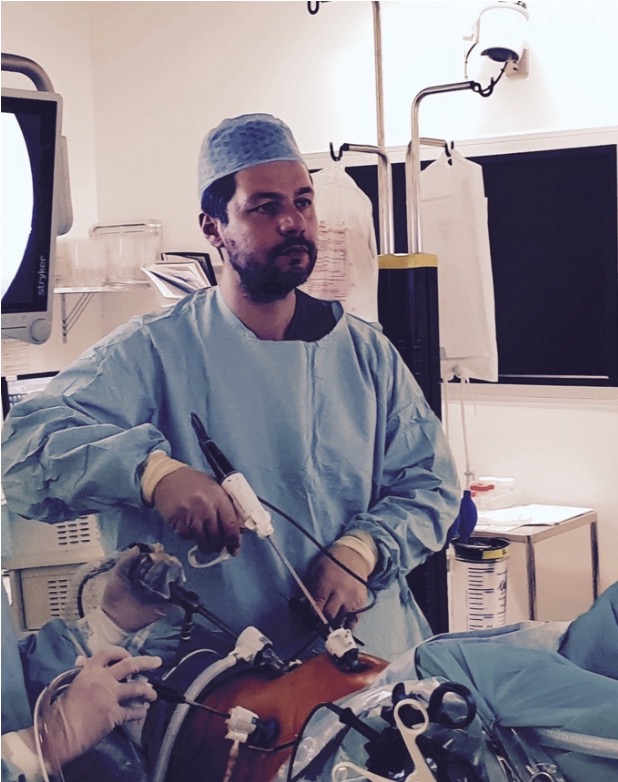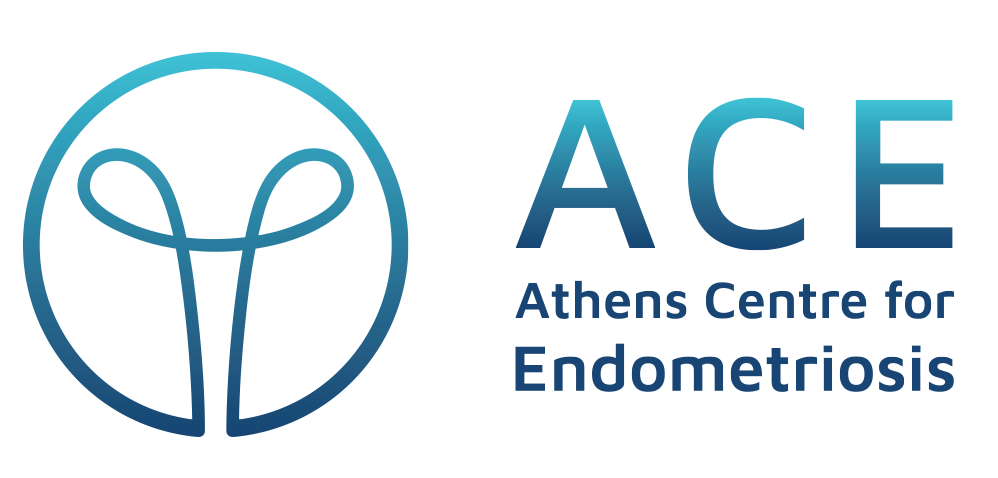Endometriosis is a very complex condition and unfortunately as a result there are many myths and misinterpretations around it. These myths are being reproduced not only by online resources but also by a big majority of the scientific community. All this bad information is responsible that endometriosis diagnosis is often missed is delayed for many years. Speaking in medical terms this is considered an acceptable since endometriosis affects approximately 176 million women worldwide and is the second most common gynaecological condition.
Below we will go through the most common “myths” about endometriosis.
Myth: “… Intense pain during menstruation is normal..”
Many doctors during the previous century have occupied themselves with gynaecological conditions. Unfortunately most of these conditions were attributed to “psychological” disorders or even “imagination” itself since the clinicians couldn’t explain them otherwise.
Even though the way women are treated has vastly changed during the last century to a more respectful way, some of these old misbeliefs still continue to exist in medicine. Οne of these beliefs is pain during period.
It is a very common phenomenon that women ,who suffer from endometriosis and try to figure out a solution for the intense pain that they feel during the period, are treated with advice like «pain during period is normal», «all women have pain during their lives» or «pain is your imagination». Many women are also told that pain may have a «psychological background» or they’re «very sensitive to pain».
No pain that affects a woman’s daily life, personal life, professional life or her relationships is normal. It is very important that women seek advice and help from a gynaecologist specialised in endometriosis and pelvic pain, so that their nightmare comes finally to an end.
Myth: “… You’re too young to have endometriosis…”
Many gynaecologists and clinicians believe even today that endometriosis rarely appears in teenage girls or in younger ages. Unfortunately this results in endometriosis not being included in the diagnostic algorithm when a young patient complains of pain during menses, abdominal pain or pain during sex.
Multicentre research has shown that endometriosis is present in 70% of teenage girls complaining of pelvic pain which doesn’t resolve with simple painkillers.
Women suffering from endometriosis very often start to have their first symptoms in puberty but unfortunately they’re not diagnosed until the age of 30 or 40.
Myth: “… Endometriosis is cured with hormones…”
Synthetic hormonal regimens like the contraception pill, GNRH analogues and many others are widely used for the “cure” of endometriosis. However, the reality is a little different. These regimens (via different routes) simply suppress, in other words “put to sleep” endometriosis and only for as long as they are administered. The moment the patient stops taking this regimens, symptoms reappear.
Hormonal regimens don’t play any role in treatment and cure of endometriosis. The only treatment that is proven to work is surgical excision of all endometriosis lesions (this doesn’t include ablation treatment).
Women should beware that the most effective way of going forward is consultation with a Gynaecologist-Endometriosis specialist who has the knowledge and surgical expertise to treat endometriosis.
Myth: “… Pregnancy cures endometriosis…”
The relation between endometriosis and pregnancy is often misunderstood. Fortunately, during the last years ,the myth that pregnancy cures endometriosis is beginning to fade away but not fastly enough…
The reality is that pregnancy (like all the other hormonal regimens we mentioned earlier) can temporarily suppress symptoms from endometriosis but under no circumstances cures or treats the condition itself. This is why symptoms recur after the birth of the baby. Ιn some mothers recurrence of symptoms is delayed if lactation is frequent and menstruation is suppressed.
Myth: “… Endometriosis causes permanent infertility…”
The relation between endometriosis and infertility is one of the hot topics in many congresses all around the world. Many young women believe that if they have endometriosis they will not be able to conceive naturally. This is not completely true since the majority of them can have children without any issue.
However, it is scientifically proven that out of 10 women who struggle to conceive, 5 of them will have endometriosis. It is believed (but not validated by research) that endometriosis- related infertility depends on the extent of the disease and if structures like the fallopian tubes in the ovaries are affected.
Myth: “… Endometriosis- related infertility is because the tube is damaged…”
This opinion is partly true, even though endometriosis of the tube is rarely proven histologically. Endometriosis can cause adhesions in the area of the tube and occasionally they can obstruct it. In most cases of infertility the tubes are patent and have a normal function.
It is believed that endometriosis lesions that are scattered in the abdominal cavity are capable of creating an “inflammatory” environment, which is extremely hostile not only for the ovulation but also for the egg transfer via the tube. Most of these lesions cannot be identified by gynaecologists who are not trained on the specific subject. This results in the patient being classified in the category of “unexplained infertility”.
Myth: “… Hysterectomy cures endometriosis…”
Unfortunately this practice keeps taking place even today and impressively is amongst the most frequently used in order to treat endometriosis. Removal of the womb doesn’t improve symptoms from endometriosis. For that to happen all endometriosis lesions must be surgically excised.
Myth: “… Endometriosis is in your imagination, it is your psychology that you must improve…”
Endometriosis is believed to be closely connected to hereditary, epigenetic and environmental factors. Women with endometriosis often have symptoms like easy fatigue, tiredness or even sentimental disorders all of whom are symptoms proved to originate from endometriosis. Unfortunately , these women very often are “convinced” by their gynaecologists that either what they feel belongs in the imagination, or that they indeed have some kind of a psychological disorder. This can lead women ,who have undiagnosed endometriosis, to another, darker path which leads them to the abuse of psychiatric regimen like antidepressant drugs. Most of these women are not large enough to escape from this unfortunate path and most of their lives is “spent” unfairly due to a rushed or wrong initial evaluation.
True testimony by an endometriosis patient
“ I find it very difficult to describe to other people how it feels to live with endometriosis. Pain defines my whole life, what I can do and what I cannot. There are days that I’m not able to do anything. There are days when I keep crying because I’m in pain because no one can understand that this is not in my imagination”
Women must know that if the pain is significant enough to affect their everyday life, their personal life, the professional life or their relationships then help should be sought.
Women must know that if the pain is significant enough to affect their everyday life, their personal life, the professional life or their relationships then help should be sought.

Ο Dr Κυριακόπουλος έχει εκτελέσει και συνεχίζει να εκτελεί μεγάλο αριθμο πολύπλοκων επεμβάσεων σε ασθενείς με ιδιαίτερα προχωρημένες μορφές ενδομητρίωσης στην μεγαλύτερη ιδιωτική Κλινική Ενδομητρίωσης του Ηνωμένου βασιλείου (The Lister Hospital,London,UK/Endometriosis Dpt.) της οποίας είναι Συνεργάτης.
Οι ασθενείςαυτές ζουν πλέον χωρίς πόνο και χωρίς κανένα από τα συμπτώματα που τους ταλαιπωρούσαν για χρόνια
